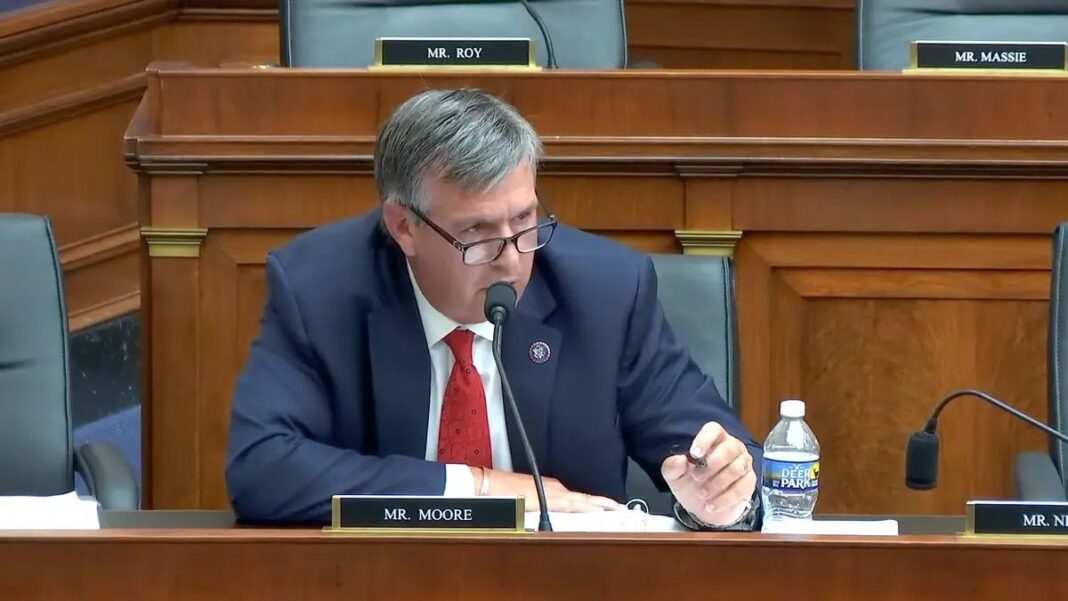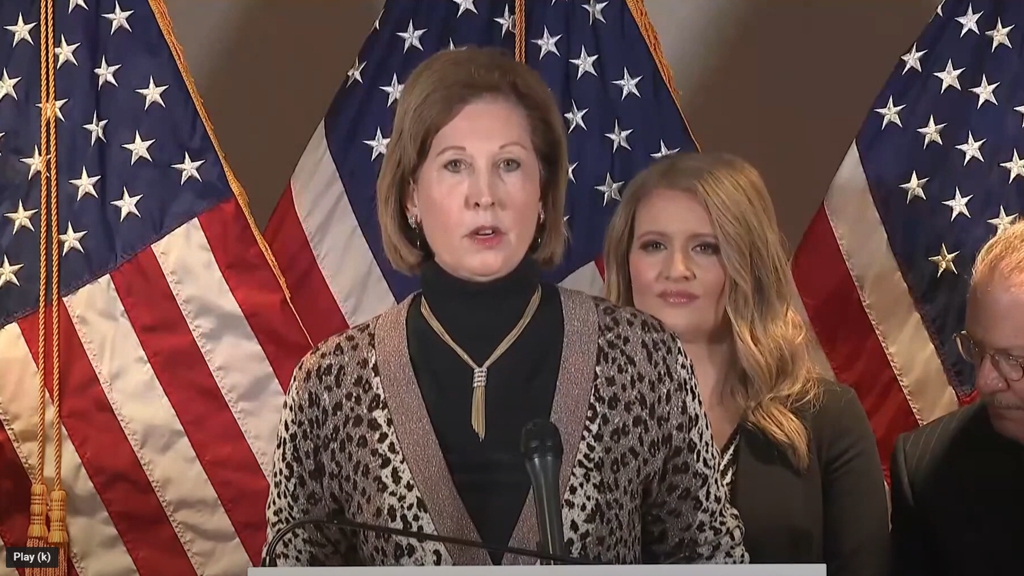Republicans are expected to challenge the map but any new lawsuits are unlikely to be resolved before the 2024 elections.
A federal court approved a new congressional map for Alabama in time for the 2024 congressional elections, a decision that’s expected to boost Democrats’ electoral chances in the heavily Republican state.
The decision by a three-judge panel of the U.S. District Court for the Northern District of Alabama came on Oct. 5, after the same panel found twice previously that district lines drawn by the Republican-controlled state legislature appeared to violate the federal Voting Rights Act by diluting the voting strength of black voters.
Blacks make up 26.8 percent of Alabama’s population, according to the U.S. Census Bureau.
Alabama’s delegation to the U.S. House of Representatives currently consists of six Republicans and one Democrat. Both of the state’s U.S. senators, who aren’t affected by the redistricting process, are Republicans.
As a result of the new map, Alabama Republicans are expected to lose one of their House seats to Democrats, which may make it more difficult for the GOP to hang onto its majority status in the closely divided House.
The new map creates one majority-black district and another where blacks make up a little less than half of the populace. Both districts are now likely to elect Democrats.
The map reportedly used in the 2022 midterm elections contained one black-majority district, which is represented by Rep. Terri Sewell (D-Ala.).
The new district boundaries imperil Rep. Barry Moore (R-Ga.), whose solid Republican district has suddenly become much more Democrat. Mr. Moore said on a radio program on Sept. 28 that he and his family are “seriously praying” about what he should do next.
The judicial panel was made up of U.S. Court of Appeals for the 11th Circuit Judge Stanley Marcus, who was appointed by President Bill Clinton in 1997; U.S. District Judge Terry Moorer, who was appointed by President Donald Trump in 2018; and U.S. District Judge Anna Manasco, who was appointed by President Trump in 2020.







